Many women seeking abortions fear that a child might interfere with their relationships with their partners. Sometimes a woman’s partner, parents, or friends encourage her to have an abortion or express disapproval if she wishes to keep the child. Because of this, women often fear that if they do not have abortions, their relationships may suffer.
While this fear is understandable, abortion does not tend to mend bonds with others. Rather, more often than not, it has severe negative impacts on a woman’s relationships—not with her partner, but with her other family members and children as well.
Relationship with a Partner
Among women who have abortions, a common reason for their decision is a worry that not aborting will damage their relationships. According to some studies, nearly 30% of aborting women fear losing their partners. Their fear is understandable, particularly since nearly three out of four women also say that they experienced at least some pressure to abort.
Relationship Quality
Having an abortion, however, is associated with a significant increase in relationship problems.
Theresa Burke, PhD – founder of Rachel’s Vineyard – once wrote:
Many relationships between couples come apart shortly after an abortion. Others survive only because the partners are still bound together by grief. These relationships often turn into prolonged, mutually destructive mourning rituals. Even married couples are often driven apart by an abortion unless they can find a way to complete the grieving process together.
A woman named Sasha explained her grief after her abortion and how it affected her marriage: “My husband was disgusted by my grief. I felt very rejected, and in turn, I rejected him. All the years we were together I could not stand to have him touch me. Sex became a vile, disgusting thing for me. I always pushed him away…The destruction of a precious sweet child totally destroys the beauty of the sexual union that created it.”
Research shows that women who had an abortion and remain in their existing relationship have vastly worse experiences and interactions with their partner than before the abortion. They are at a higher risk of conflict with their partner over money, and nearly twice as likely to have conflict about or with their partner’s relatives. Further, women are significantly more likely to experience sexual dysfunction, including a 112% increase in an inability to climax, and a 182% increase in women reporting pain during intercourse.
For men, arguments over future children increase by nearly 200% after a partner’s abortion. Post-abortive men are almost twice as likely to report feelings of jealousy, and reports show a near 400% increase in arguments over drugs.
Both men and women are also likely to report intimate partner violence after abortion.
In addition, difficulties tend to persist even after moving on to new relationships. With the beginning of a new relationship, the injuries from abortion don’t go away. Women remain at increased risk of interpersonal problems. They are more likely to feel that their quality of life would improve if their relationships ended.
In a book entitled Forbidden Grief, Theresa Burke, PhD, wrote about a couple (Tasha and Steve) who became angry with each other after the abortion. She wrote:
After the abortion, [Tasha] said, [sic] her relationship with Steve was never the same. Their nights were no longer worn comfortably, fitting their bodies like a second skin. Sex had no sensation; it just reflected the numbness of her heart. Tasha’s consistent indifference toward Steve constantly reminded him of his failure. He felt a heavy and desperate unspoken guilt for not having the courage to help her give their baby life. Their baby’s death hung over them like a funeral shroud. Even their music became discordant. It was as if their creative spirits had been sucked from their souls.
These people found what numerous researchers have previously discovered – that killing their child often hurts couples more than they could have predicted.
Breakups and Divorce – How Many Couples Stay Together After Abortion?
Having had an abortion significantly increases the likelihood of a breakup, usually directly after the procedure. However, it is more difficult to tell whether abortions are the cause of the breakdown, or merely a symptom of a relationship that was weak to begin with.
We might assume that these relationships were only temporary to begin with, and that abortion is nothing more than a trigger for the breakup. This may well be true. Some research has suggested that abortion merely hastens a relationship’s conclusion and does not change whether or not the relationship will eventually end.
Nevertheless, other studies have shown that even in committed relationships, abortions are associated with more frequent breakups. Among married couples, abortion massively increases the chance of divorce.
Another study on American and Russian women found that many women blame abortion for damaging their relationships. Only 2% of Russian women and 1% of American women reported that abortion improved their relationships with their partners. By contrast, 6.8% of Russian women and 26.7% of American women reported relationship problems. 7.8% of Russians and 19.8% of Americans felt that their relationship ended as a result of the abortion procedure.
Experiences of Post-Abortive American Women
And so, in the vast majority of cases, it appears that abortion does not improve a woman’s relationship with her partner. Instead, American women are around twenty to twenty-five times more likely to say that abortion harmed or ended their relationships than that abortion improved their relationships. Whether or not these relationships were likely to end anyway, abortion was a negative and destructive influence on the couple.
Relationships with Parents
Little research has been done on the impact of abortion on a woman’s relationship with her existing family. Therefore, it is difficult to draw conclusions.
Nevertheless, there is some information to speculate upon. At least some girls who obtain abortions do so out of fear that continuing their pregnancy might damage their relationship with their parents. Some girls are told outright that they will face rejection and abandonment if they do not abort:
My mom said if I was going to have the baby I couldn’t stay at the house and see my brothers and sisters…. his mom came to the house and tried to talk them [my parents] out of the abortion, but they wouldn’t listen to her…my mother kept telling me I had cost them $800.
Considering that most adult women report that at least some pressure to abort, it is likely that minors are even more often subjected to pressure. Indeed, according to a 2019 report by Advocates for Youth, “One in five pregnant minors have experienced physical abuse by a parent or other caretaker; thirty percent of teens who do not tell their parents about their abortions feared violence or being forced to leave home.” Young girls who have no support and nowhere to go will often choose abortion out of fear.
For many of these girls, the procedure may temporarily preserve what relationship they have with their parents, whether positive or negative. Ultimately, however, abortion is likely to have severe negative consequences for the girl’s mental health and for her bond with her parents.
Abortion already carries grave mental health consequences for many women. When girls feel pressure to abort, they also experience a major betrayal of trust. The coercion violates the woman’s confidence in those whom she relies on most. This can create feelings of resentment and anger. Threats of abandonment or ostracism of the woman also destroy her belief that she can depend on her parents for care.
When a girl becomes pregnant and her parents are involved in obtaining the abortion, the girl often feels her actions have created nothing but problems for the parent. The parents’ push for an abortion teaches her that she is not mature enough to take responsibility for her own actions. It also teaches her that she is a problem herself. For girls whose parents are not involved in the abortion decision, hiding the abortion can be difficult and can damage the parent-child relationship. The secrecy entails feelings that the girl can’t trust her parents. This can lead to lasting feelings of guilt and shame.
Relationships with Other Children
The relationships that suffer the most from a woman’s decision to abort are perhaps her relationships with her other children.
Children’s Emotional Reactions to Abortion
Children find abortion inherently difficult to cope with, whether it happened before or after they were born. Young children generally struggle to distinguish their understanding of an unborn child from a child already born. Since the distinction between the two is more of a social construct than a concrete and scientific difference, abortion is difficult for children to understand.
When a sibling has been eliminated from the family, children may struggle to rationalize the loss. Knowing that they were wanted, but that a sibling was not, can lead to guilt and uncertainty. Children can fear that their wantedness could be withdrawn and even perceive their parents as murderers. Children also may struggle with feelings of hostility that they cannot express because of their desire to stay wanted. This desire can lead to emotional insecurity, breakdowns in trust, and fear.
Research has shown that children struggle when a sibling is aborted for genetic reasons. When they are partially or fully aware of what happened, they tend to be sad, disappointed, and struggling with guilt. Some children describe the abortion as the worst thing that ever happened to them. Even when the children are not aware of the abortion, family dynamics still may change.
Survivor’s Guilt
Children may also feel that abortions were performed because of them, or even to punish them. They can internalize the termination, feeling mutilated by what happened. Other children can experience so much fear of being killed, whether consciously or subconsciously, that they can developmentally withdraw and regress. In some of these cases, the parents did not even realize that their child knew about the abortion.
The effect of abortion on children has been referred to as Post-Abortion Survivor’s Syndrome. Children with Post-Abortion Survivor’s Syndrome also frequently struggle with anger, mistrust of parents, and a desire to escape. They don’t feel valued and fear that the people close to them don’t truly want to care for them.
Studies have also shown that children with aborted siblings struggle with the feeling that they don’t deserve to be alive. They tend to experience increased anxiety and an impending sense of doom, often facing depression and psychiatric hospitalization. These effects stand in stark contrast to the fact that even children with miscarried siblings feel happy to have survived.
Attempting to describe how siblings of aborted children felt, one patient said:
How could you (my parents) be loving to me and yet have killed one of my siblings? You still might do something to me. I do not trust you. I do not trust the anger I feel towards you. I sometimes want to kill you. Yet I need you. It is safer if I can see and observe you all the time. I will do that until I am old enough to run away.
Even adult children who find out years after the abortion feel grief and anger, as this young man explains on a Reddit post:
I found out my mom aborted my sibling and I can’t even talk to her. My dad said it was when they are young and to make it worse they named me the name they were going to name my sibling. Since then I changed my name and I want nothing to do with my mom. If I talk to my mom about it we are going to have a huge argument and it’s just not worth it and I have some very very strong words I’m sure I can’t even say on here. I never want to talk to her again and and [sic] I will go through great lengths to make sure she never sees her grandchildren as her only child.
The reactions to this man’s grief are truly sad, as most people berate him for his feelings, telling him that it wasn’t his business, that he has no right to feel angry, and so on. It seems that the secular world doesn’t allow humans to feel the sadness that is often naturally felt over the loss of a baby.
The Mother-Child Bond after Abortion
Women who have abortions often suffer from many psychological difficulties that make positive relationships with their children difficult to form. These women tend to experience increased anxiety and depression in future pregnancies. Indeed, studies have found that some 25% of American women who had abortions later had difficulty just being around babies.
Moreover, women who abort become far more likely to have poor relations with future children. Mothers find themselves unable to bond with infants, are enraged by their needs, and feel anxious or helpless in caring for them. The children can also often trigger flashbacks, feelings of guilt, and other symptoms of PTSD, further interfering with maternal bonding. In some cases, parents even neglect or mistreat their children.
According to many studies, abortion is linked to increased child abuse, including emotional and mental abuse as well as slapping, hitting, kicking, biting, and beating. Such violence likely both stems from deteriorating parent-child relations resulting from abortion and contributes to further deterioration of the relationship. Additionally, the psychological impacts of abortion on the mother likely play a role in damaging the mother-child bond.
The harm that abortion does to a mother’s relationship with her children is tragic. Everyone involved has experienced trauma in some way, and trauma can interfere with healthy relationships. Often, neither the children nor the mother knows how to cope with post-abortive feelings.
Abortion Is Devastating, But It Doesn’t Have to Be the End
Abortion does not fix strained relationships or bring partners together. It harms more than just the unborn child. It damages the lives of everyone involved. The true extent of the devastation abortion causes for mothers, couples, children, and society is difficult even to guess. This is because of how far-reaching the effects are.
But it doesn’t have to be this way.
The destruction caused by abortion may not be going away anytime soon, but we can help. Women need to be aware that abortion offers no solutions to their struggles and will only make their troubles worse. Unplanned pregnancies can be terrifying, and abortion can seem to be the only good choice. But there are always other options.
Around the world, there are countless support groups caring for mothers struggling with unplanned pregnancies (find a pregnancy center here!). Through our love and support, we can show pregnant women that they do have other options. By showing compassion to those who have suffered the trauma of abortions, we can help minimize the damage of the abortion to the mother and those around her.
But we cannot let the atrocity of abortion continue to destroy relationships, families, and lives forever.
This article was originally published in November 2021 by William Lawyer and most recently updated in May 2023 by Susan Ciancio.
William has worked as a professional writer for pro-life organizations since 2018, including Human Life International, Celebrate Life Magazine, and Pro-Life Utah. He has also written for the Bipartisan Press and edited for several blogs and websites. William is the founder and president of the Lifeguard Initiative, a pro-life group that informs the public, helps pregnant women in need, and works for pro-life legislation in many states.


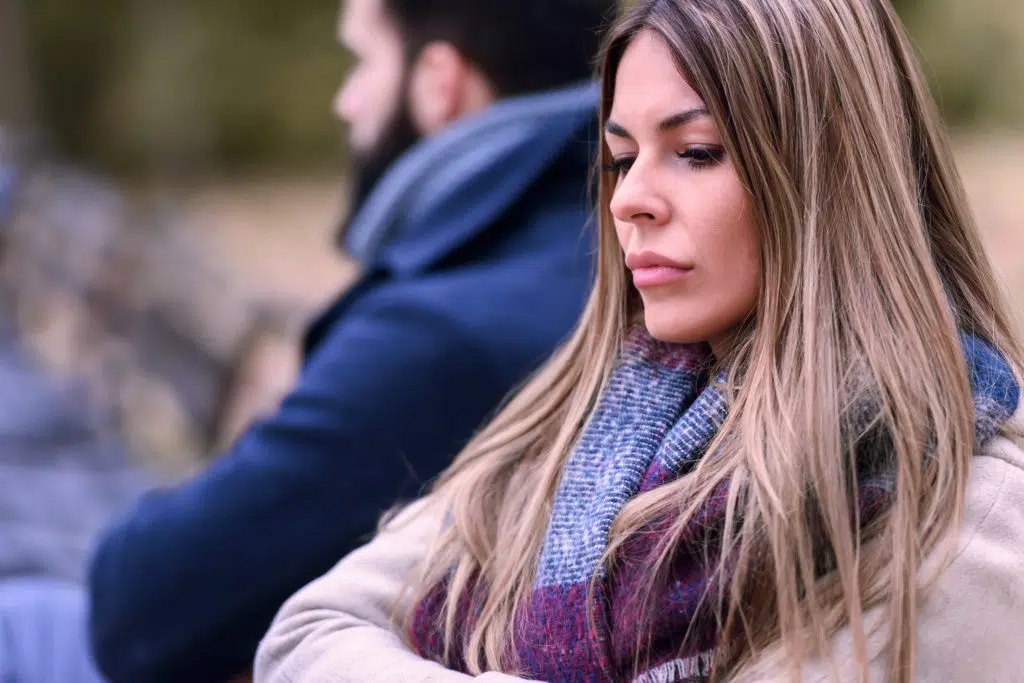
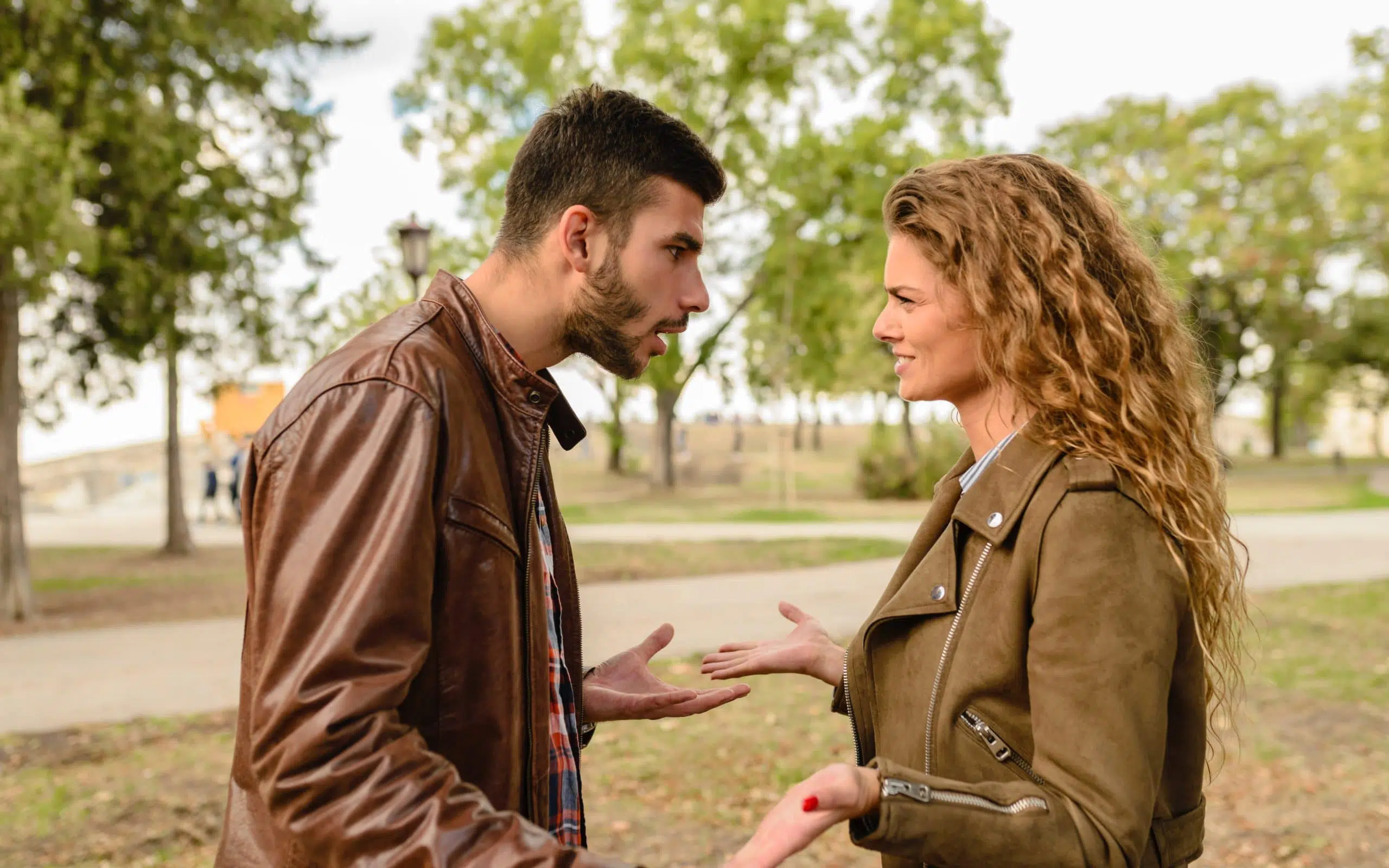
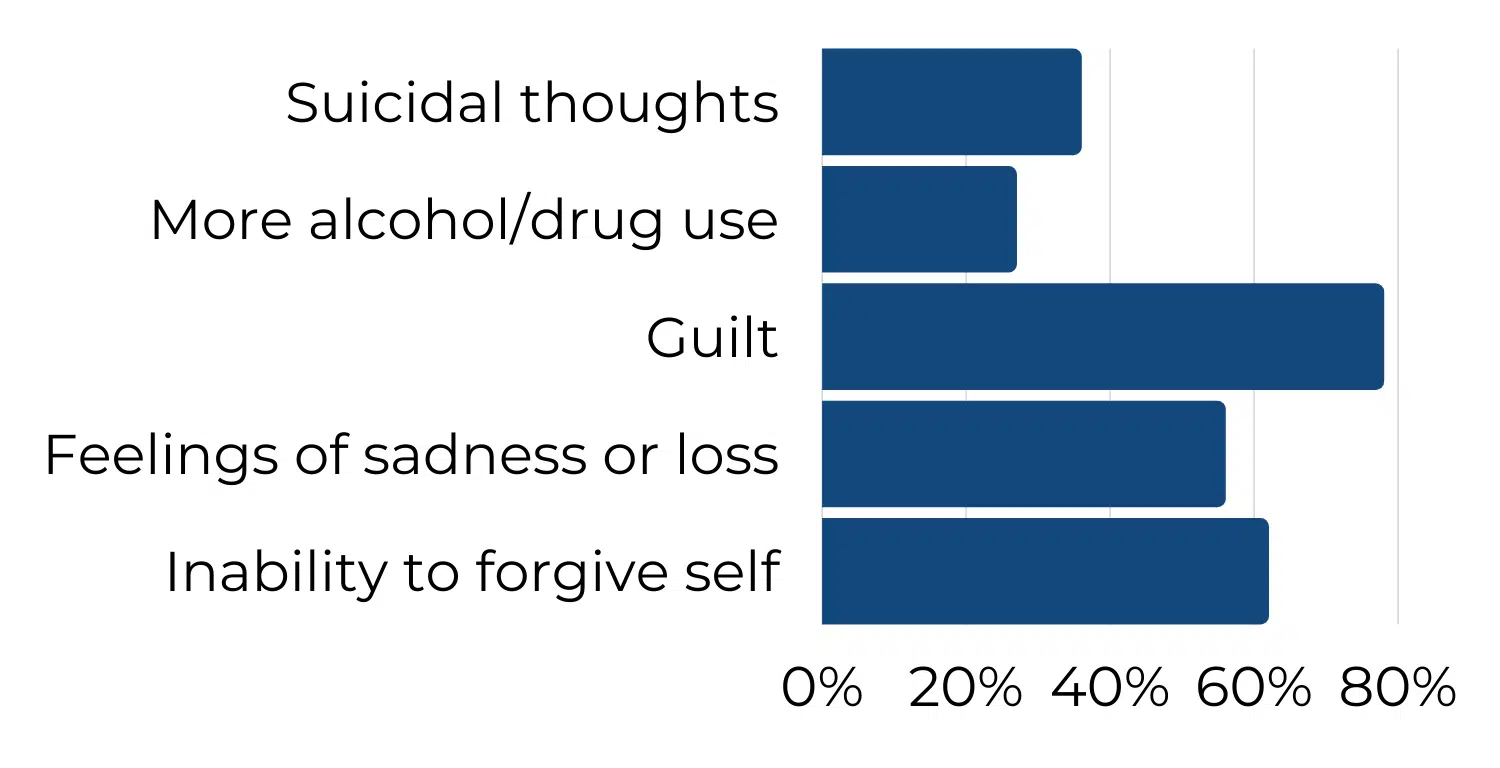
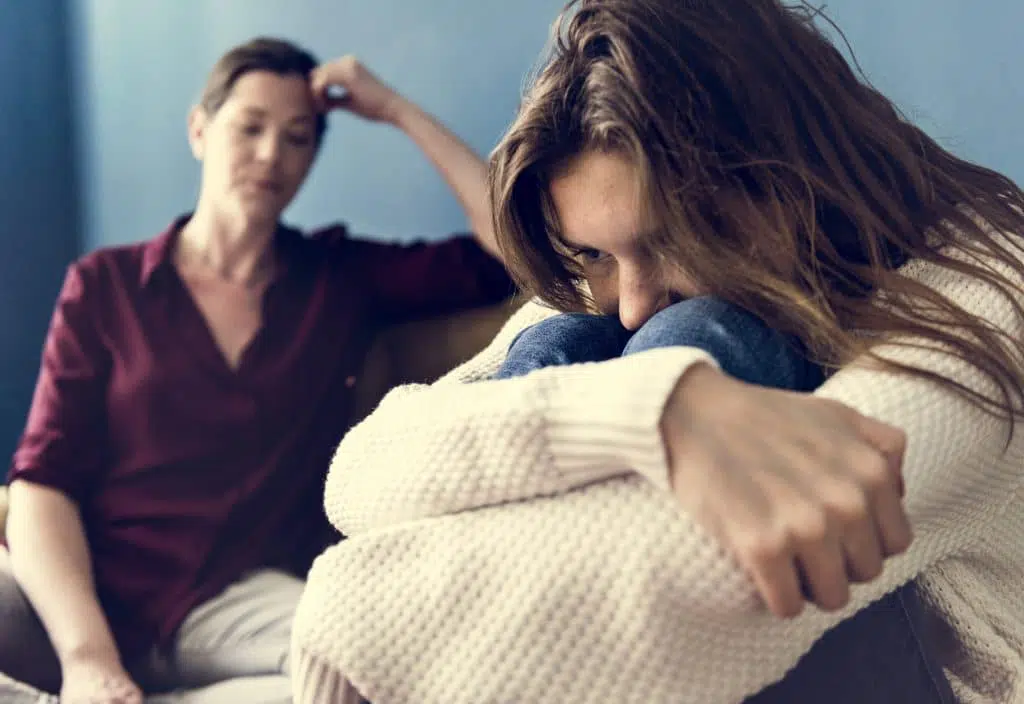
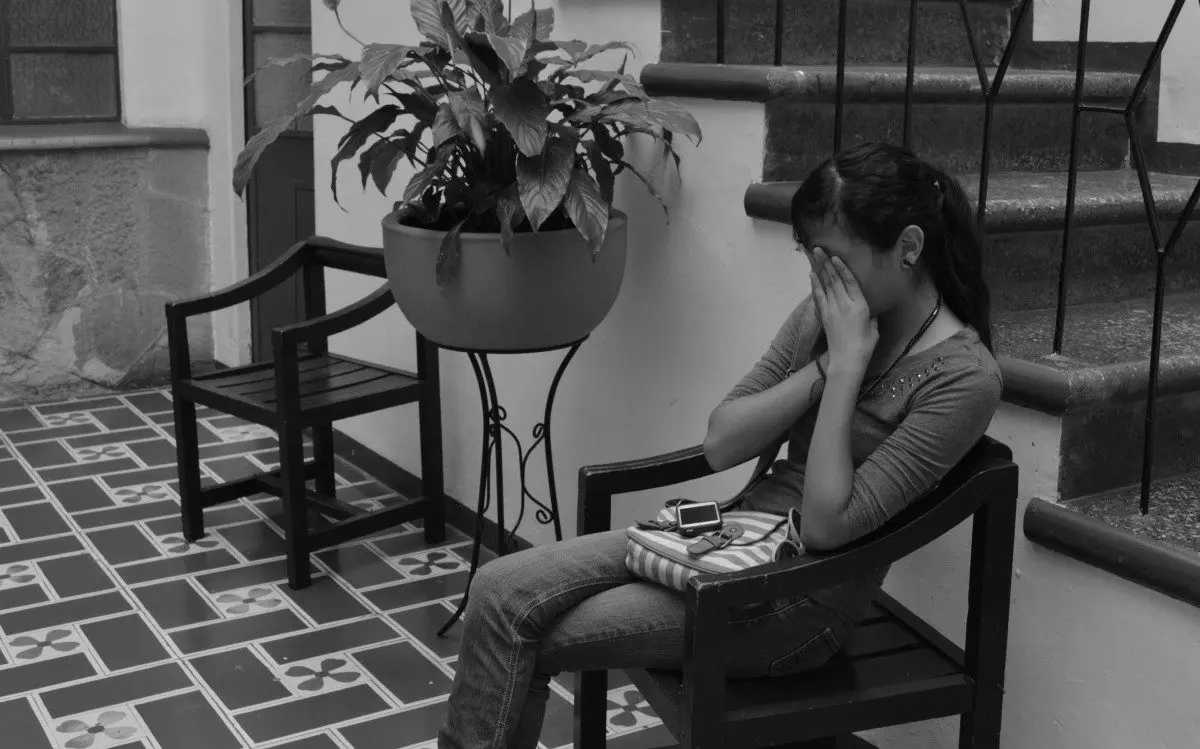
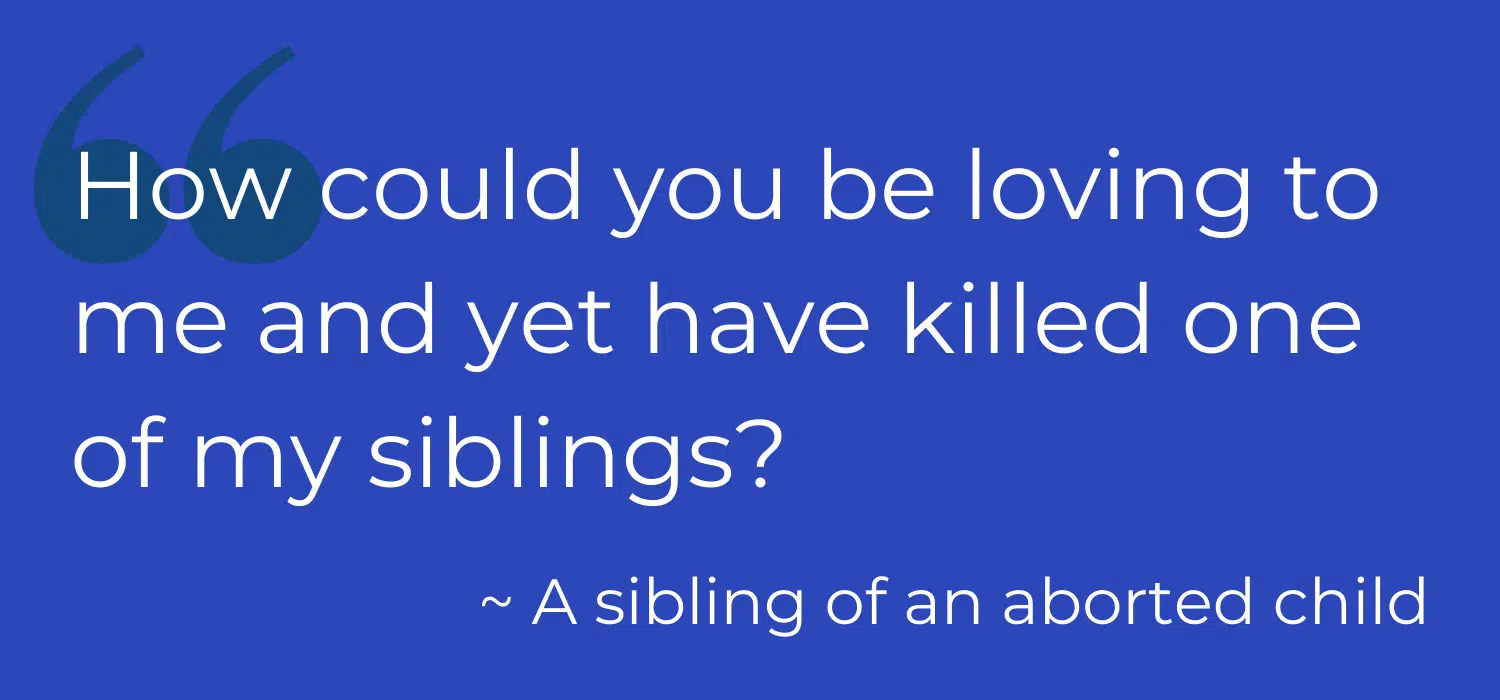
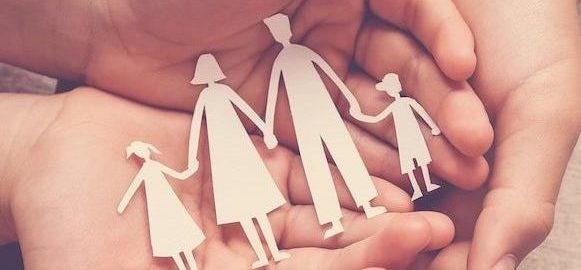

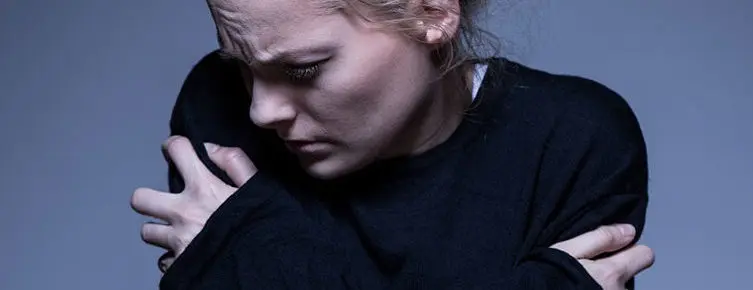
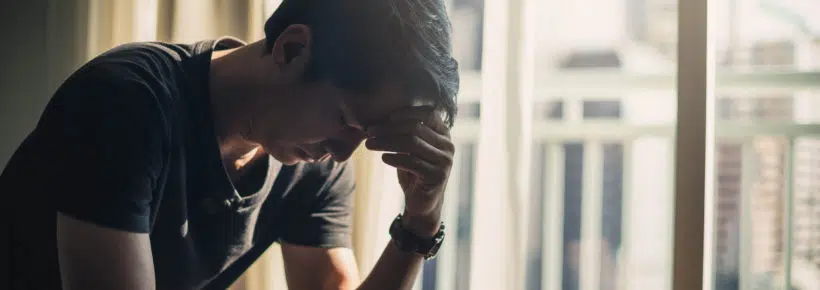



This is very true. Abortion has made it difficult for the victims and those involved around it. Abortion has made relationships strained. Its true that there are a lot of support groups for those struggling with unwanted pregnancies but the world is not fair. Unwanted pregnancies are more common than you think. A lot of us have gone through this and you don’t have to feel alone. If it makes you feel bad, forgive yourself for its not the only mistake you have ever done and forgiven yourself. You don’t have to keep on punishing yourself for it. Its already done. I know this might not be much but remember being pro-choice has given you a second chance in that education you were pursuing or that career path you have worked hard for. I want you to know people make mistakes now and then but reflect back on your achievements and how much progress you have made and think that you deserve all the good things in life. Remember even those in relationships that never had abortions before are still struggling. You don’t have to tell your partners about the trauma you have gone through. This doesn’t mean that I encourage lying, but most relationships have survived because of dishonesty. You can always start afresh as many times as possible as long as its for the better of you and those around you. Train your body to be powerful than your mind that way you can always control your thoughts. Remember the consequences you dodged and remember you can always work with what you have.
With much love.